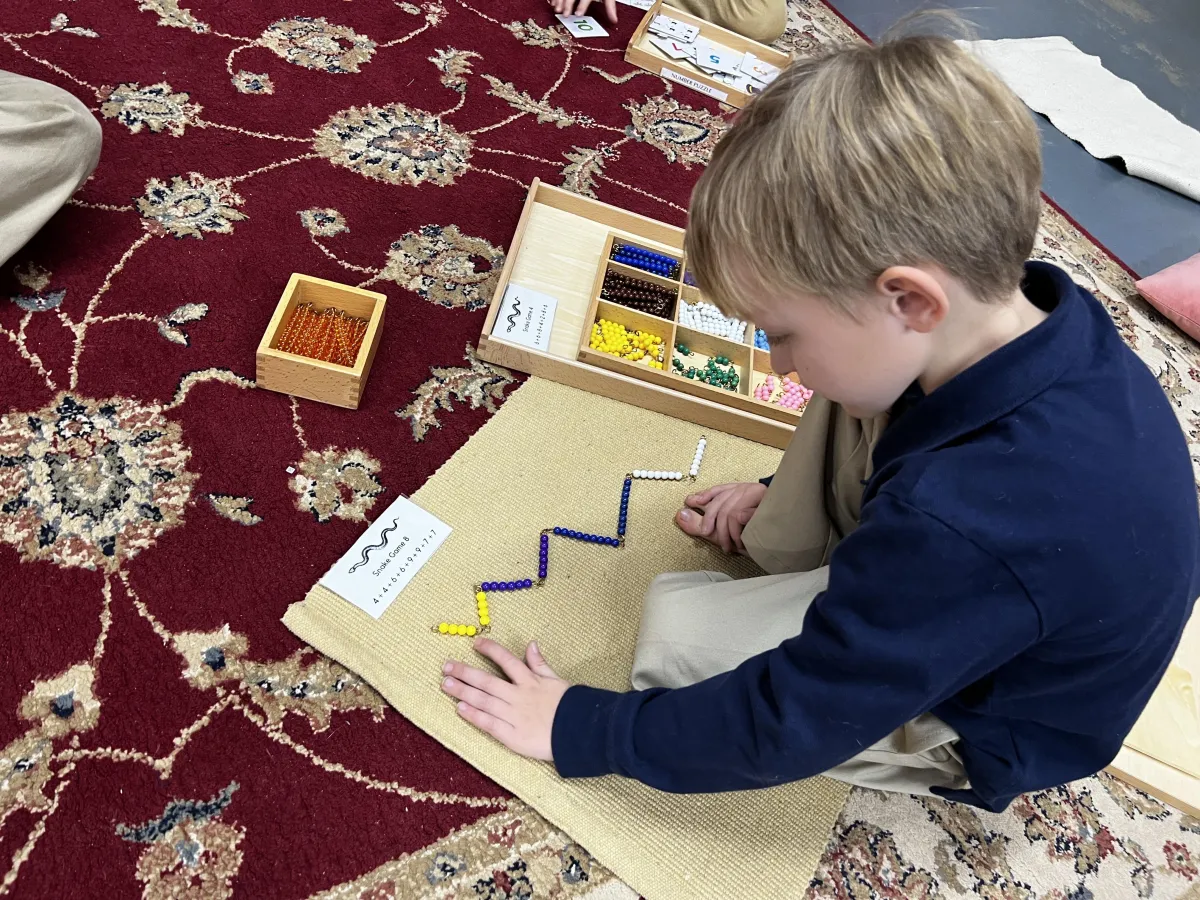
The Power of Self-Governance: How Learners Become Leaders
Imagine a School Where Children Set the Rules
What if your child had a say in how their school day unfolded? What if they helped create the rules of their learning community—and were expected to hold themselves and their peers accountable?
At Ivy Greene Academy, that’s not a hypothetical. It’s daily life.
Self-governance is at the heart of our learner-driven model. In traditional schools, authority is top-down—teachers make the rules, and students follow them. But at Ivy Greene Academy, learners are empowered to shape the culture of their studio. They learn to lead themselves first, then others.
And in doing so, they gain something more powerful than good grades—they gain ownership, responsibility, and confidence.
Why Traditional School Often Misses the Mark
In many schools, discipline means compliance. Students are expected to obey, stay quiet, and follow directions. Misbehavior is corrected by adults, and rewards or punishments are doled out in the name of control.
While this may create order, it does little to help children develop internal motivation or decision-making skills. In fact, it often fosters learned helplessness: children wait to be told what to do, when to do it, and how to behave.
But life doesn’t work that way. In the real world, success comes from those who can lead themselves—set goals, solve problems, and hold themselves accountable.
What Self-Governance Looks Like at Ivy Greene
Every studio at Ivy Greene Academy operates like a small, self-managed community. Learners create their own rules, solve conflicts through discussion, and use democratic tools to make decisions.
Here’s how self-governance shows up every day:
Town Meetings. Learners gather regularly to celebrate wins, tackle studio issues, and propose changes to studio norms.
Contracts and covenants. At the start of each session, learners create a studio contract—a shared agreement about how they want to treat one another and what kind of community they’re building.
Peer accountability. Instead of relying on adults to solve problems, learners give and receive feedback from their peers. They learn to be honest, respectful, and constructive.
Freedom within boundaries. With freedom comes responsibility. Learners must meet goals and uphold studio expectations to keep their freedoms.
This isn’t chaos—it’s community.
Why It Matters
When learners govern themselves, they practice real leadership every day. They learn:
Self-control – Not because someone is watching, but because they know what’s right.
Courage – To speak up when something is wrong or propose a better way.
Empathy – To listen to others, seek solutions, and make group decisions.
Resilience – To recover from missteps and make things right.
These are not soft skills—they’re life skills.
Self-governance prepares children not just for school, but for life. Whether they’re leading a team project, navigating a college campus, or starting a business, they’ll know how to take initiative, solve problems, and lead with character.
Come See Leadership in Action
At Ivy Greene Academy, learners don’t wait to be told what to do—they rise to the challenge of leading themselves. Visit us and experience the power of a community where young people are trusted, respected, and empowered.
